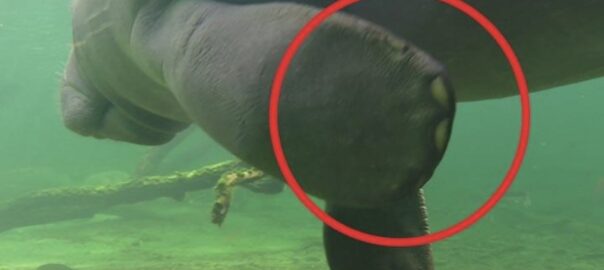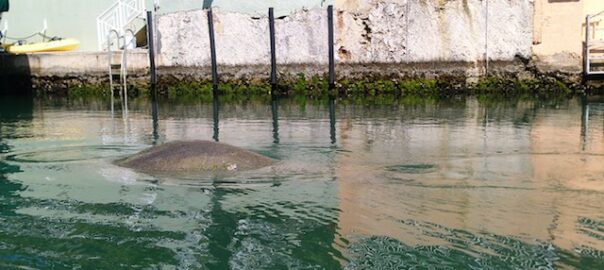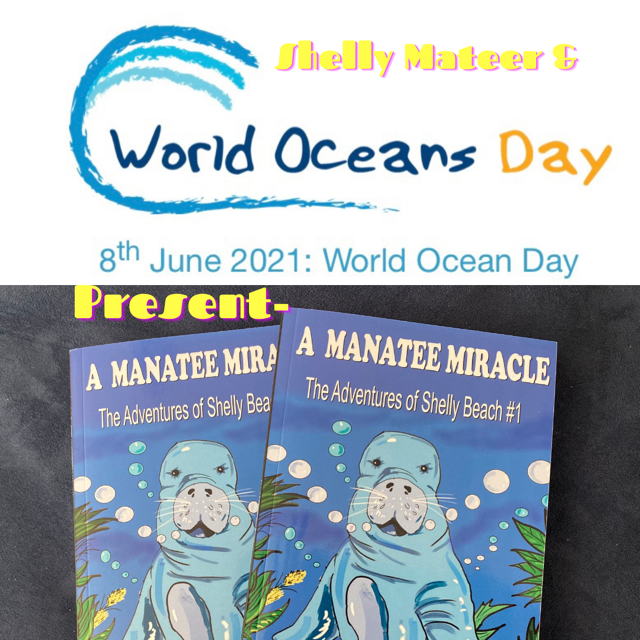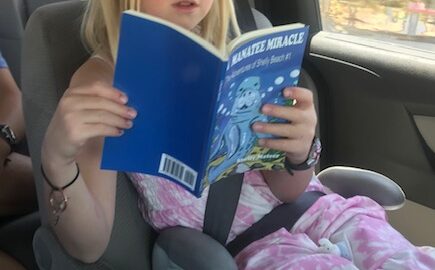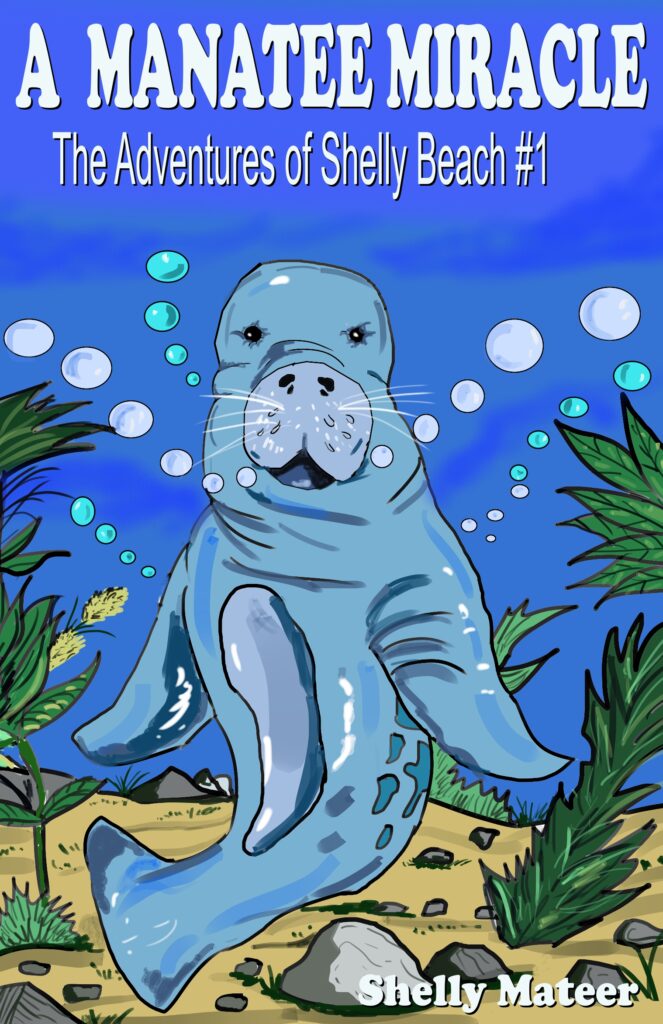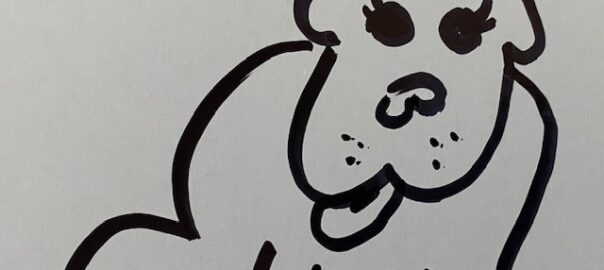Standing in the breeze on a warm spring day at the end of another school year, I listen as a pre-Kindergarten child receives a prize at the elementary school’s yearly awards ceremony. Inwardly, I cringe as I hear “ . . . and she wants to be a YouTuber when she grows up.” My attention suddenly is diverted as my 2-year-old darts off into the crowd, tearfully screaming for daddy.
I see far too many social media posts from well-meaning parents who worry that their toddler isn’t speaking yet, or fret about their 4-year-old’s short-attention-span. I cannot tell you how many times I have heard or read well-meaning but (to my mind) misguided advice to “get him (or her) evaluated.” What explains this push for a magical pharmaceutical remedy or some other treatment to shoehorn kids into our concept of “appropriate” behavior. Apart from wondering where this mythical child evaluation station is located, I wonder what is happening to the American parent.
When I was a child, I spent countless hours digging in the dirt, discovering beetles and worms. I could construct an entire village out of pebbles, coral, and rock. I built bridges and put ants on leaf boats that sailed across great puddles of water.
Nowadays, pre-school and pre-Kindergarten kids are placed in front of a tablet or a laptop almost as soon as they enter the classroom. Parents, understandably tired and overworked, willingly surrender their smartphones to their children when they can’t seem to entertain themselves for a few minutes. Teachers, overburdened with bulging classroom sizes, time-sucking administrative meetings, and more and more “professional development” requirements, sometimes rely on apps—educational as they may be—to teach children the basics during their long classroom days. Even if we assuage ourselves with the idea that our child is getting limited screen time at home, they are getting plenty of it at school.
Parents, on a constant scroll through social media, are bombarded by worries about how their children are developing. Are they measuring up with their peers? New young mothers often get their parenting advice from a Facebook group filled with other young, inexperienced mothers rather than from more experienced family members or from medical professionals. Doctors’ offices are overflowing with patients, though it is rare to see an actual doctor during an appointment. All it takes is a quick glance at the majority of commercials flooding our television screens—so many offering pharmaceutical solutions to just about every preventable health problem.
An Epidemic of Overprescriptions
You can’t even glimpse at a parenting blog or article without seeing numerous parental claims of a child suffering from anxiety or attention deficit hyperactivity disorder (ADHD), even for children as young as 3. Perhaps a small pill could solve all of our parenting worries.
The United States accounts for less than 5 percent of the world’s population but 83.1 percent of the global volume of ADHD medications. Methylphenidate (also known as Ritalin and Concerta among other trade names) is a central nervous system stimulant and is one of the pharmaceuticals used to treat ADHD. Some figures I have found say that 85 to 95 percent of the methylphenidate produced in the world is consumed in the United States. Does this mean that there is no ADHD in the rest of the world?
Many doctors will tell their patients that depression is caused by a problem in the brain, a chemical imbalance. This has been the explanation for decades. Yet every year, diagnoses of depression and anxiety increase, especially among kids. Administration of psychotropic drugs, such as Ritalin and Prozac (among others), causes long-lasting alterations in brain function. As a result, the brain operates differently from the normal state.
Some studies have found that there may be social or economic incentives that encourage an ADHD diagnosis. Public school children diagnosed with ADHD may qualify for additional educational services. The U.S. Supreme Court’s 1990 decision in Sullivan v. Zebley led to the inclusion of ADHD for Supplemental Security Income (SSI) benefits. There was a three-fold increase in SSI benefits for children between 1989 and 1995. In 2013 alone, SSI benefits for ADHD were more common than those for intellectual disabilities, autistic disorder, speech and language impairments, and other developmental disorders.
One interesting theory for the increase is that the No Child Left Behind Act of 2001 (NCLB) may have encouraged school districts to pressure parents of academically low performing students to have them evaluated for ADHD and other learning disabilities. The belief was that if those same children were administered cognitive-enhancing drugs, they would perform better on standardized tests, which would stave off cuts in federal school funding. Some statistics support this view. In particular, low-income public school children from states where this strategy was introduced as part of NCLB showed double the increase in ADHD diagnoses between 2003 and 2007, relative to other states.
Since then, however, many state legislatures have become concerned about the influence that schools were having on mental health diagnoses and decisions about medications for students. Many states have since enacted child psychiatric drug laws (CPDL), which instruct public school boards to prohibit school personnel from recommending a child take a psychotropic medication, mandate that a child take psychotropic medication as a condition of enrollment, or use a parent’s refusal to medicate a child as the single basis for a neglect accusation.
What Have We Done to Our Kids?
I cannot help but think we are letting our children down with our desire for a quick fix, a convenient “solution” that does not even come close to identifying any underlying problems.
Not too long ago, a friend who works in the pharmaceutical industry told me a disturbing story. In the late 1990s, while working at a managed care pharmacy in Davenport, Iowa that serviced three surrounding states, he noticed a huge number of methylphenidate prescriptions from one particular state. When queried about the numbers, the head pharmacist replied, quite matter-of-factly, that ADHD was well covered by insurance in that state, so everyone there supposedly had ADHD.
Then the pharmacist said something that sent a chill down my friend’s spine: “Twenty years from now, we will look back on this and ask what we have done to our kids.”
Two weeks later, on April 20, 1999, my friend happened to be in Littleton, Colorado when two teenage boys went on a shooting spree at Columbine High School. They killed 13 people and wounded more than 20 others before turning their guns on themselves as police closed in.
Oftentimes, the privacy of medical records is a barrier to uncovering the role psychiatric drugs may have played in violence such as the Columbine shootings as well as most of the student school shootings since that time. There is some evidence that many of the mass shooters of our recent history were either on or withdrawing from medications prescribed for depression, anxiety, and/or ADHD when they went on their murder sprees.
In our overworked, overstimulated, and exhausted lives are we too susceptible to believing that our depression, anxiety, or lack of an attention span is due to a chemical imbalance in our brains? Could that be cutting us off from discovering the real causes of depression or anxiety? Are we too quick to take bad advice from strangers on social media without educating ourselves first? Shouldn’t we strive to become our childrens’ greatest advocates? In doing so, wouldn’t we ensure that doctors do not hastily hand us prescriptions for powerful psychotropic drugs just to clear out their overcrowded waiting rooms?
Perhaps it sounds simplistic, but we may need to be more mindful of our kids. That does not mean that we need to coddle them, but we need to learn how to pay attention to them and truly listen to them without distraction.
We need to practice being present. True mindfulness means being in the moment and focusing on what you are doing at that moment. We need to learn how to hear our children and spend time with them, without the interruption of social media or electronic devices. We need to be aware of what they are interested in, and what they are doing in their free time. We need to place limits on electronics, social media, and video game usage and promote reading books, physical exercise, and being present.
What are we doing to our kids? We are all strapped for time; we are all busy. But somehow we need to make more time for our children—more time to listen to them. It may not pay a salary, but it could very well be the most important thing you can do for the world.
This article has been republished on OpsLens with permission from American Greatness.


